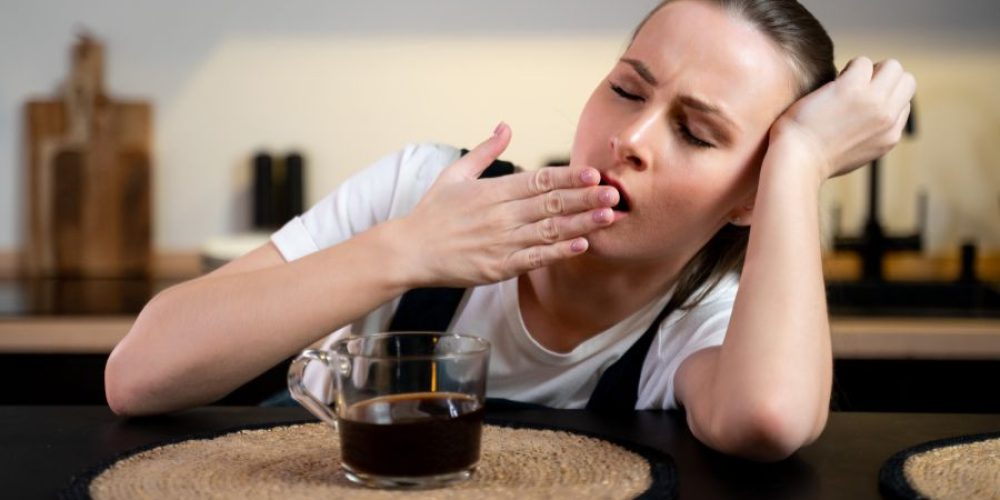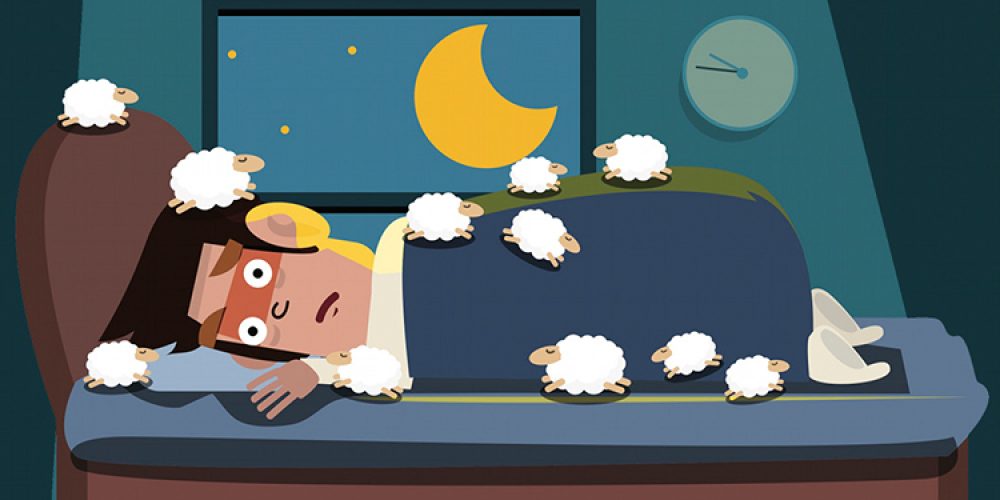The vast majority of adults consume caffeine daily, with many relying on caffeine’s energizing effects to enhance their mood and optimize their performance. Caffeine is found naturally in many plants, including coffee beans, tea leaves, cacao pods, and kola nuts. Synthetic caffeine is also sometimes added to medications and energy drinks. Source: Sleep Foundation How Does Caffeine Affect Sleep? Caffeine consumption can make you fall asleep later, sleep less hours overall, and make your sleep feel less satisfying. It can also reduce the amount of deep, slow-wave sleep you get, which is a critical stage of sleep for feeling refreshed the next day. Caffeine affects the brain by blocking adenosine receptors. Adenosine is a sleep-promoting chemical that […]
A simple and sensible reminder on the trickster – insomnia by PHW



